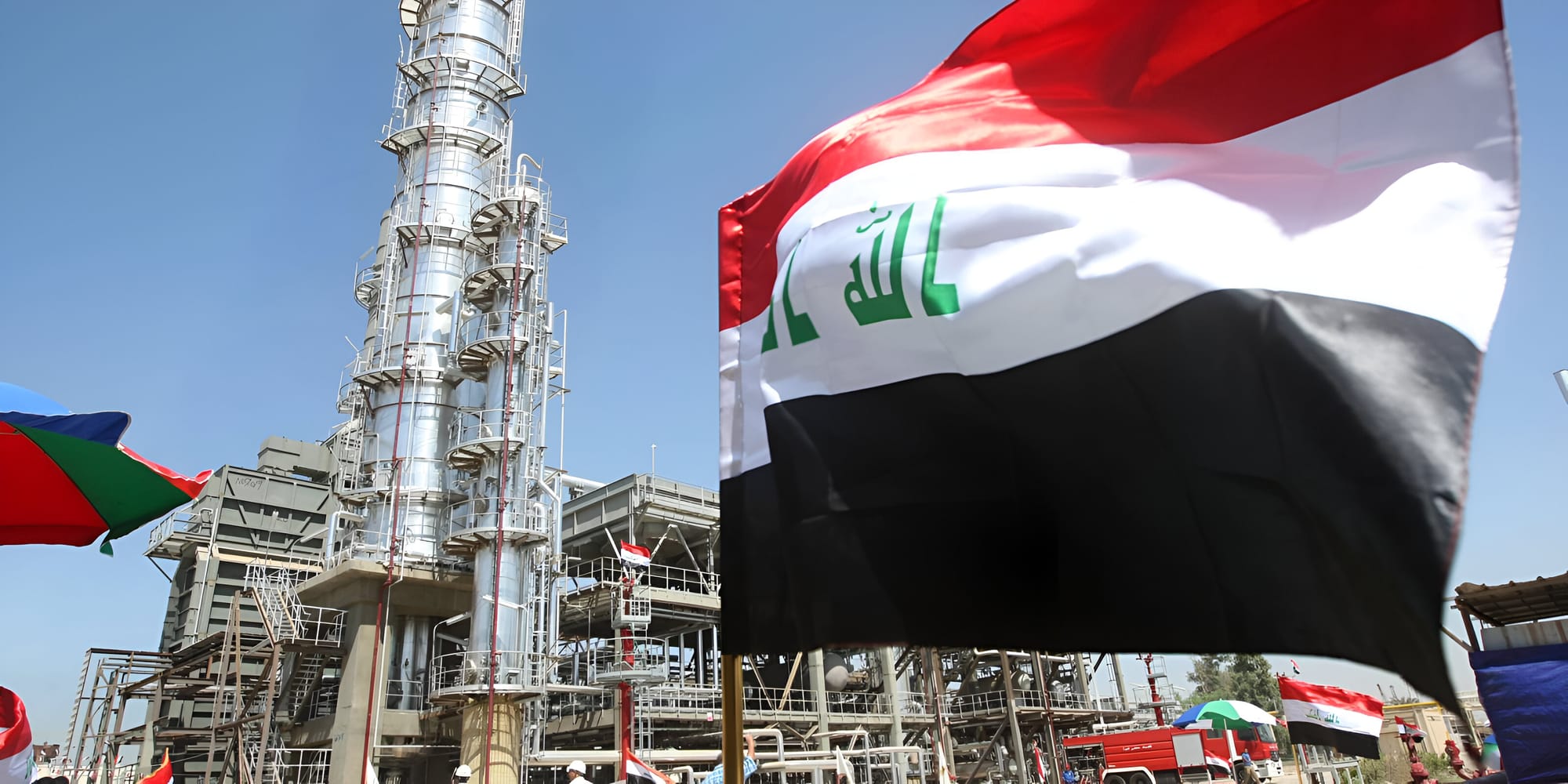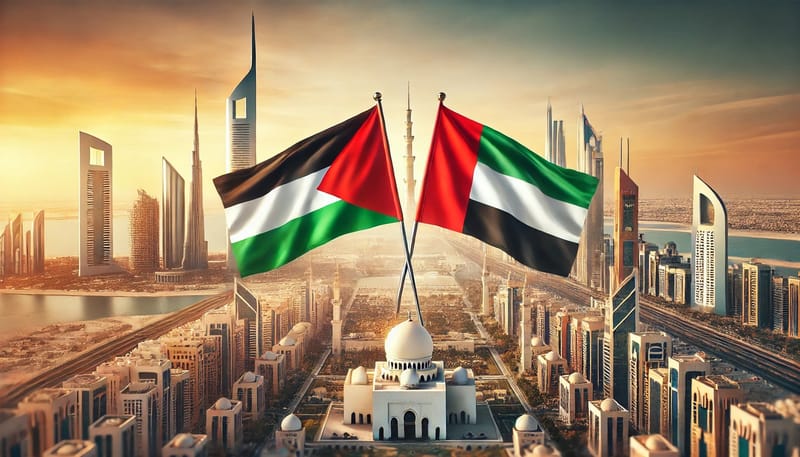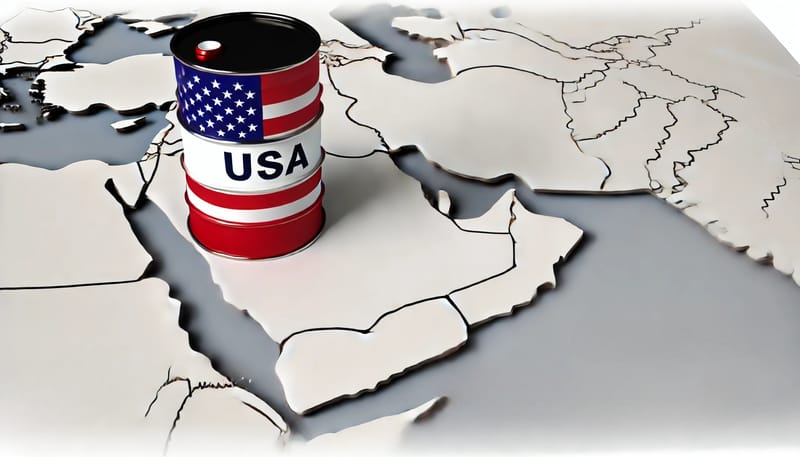Putin and Iraqi PM Discuss OPEC+ Coordination and Middle East Stability
Putin and Iraqi PM discuss OPEC+ coordination, oil price stability, and Middle East tensions.
In a significant diplomatic exchange, Russian President Vladimir Putin and Iraqi Prime Minister Mohammed Shia al-Sudani engaged in a phone call on Thursday to discuss key issues, including the OPEC+ oil agreement and developments in the Middle East, according to a Kremlin statement. The conversation underscored the strategic importance of energy market stability and political coordination amid heightened regional tensions.
Prime Minister al-Sudani’s office later elaborated that the dialogue emphasised the need for ongoing collaboration between OPEC and OPEC+ members to maintain oil price stability. The leaders highlighted the importance of setting prices that are equitable for both exporters and consumers, ensuring long-term market sustainability.
The OPEC+ alliance, comprising members of the Organisation of the Petroleum Exporting Countries and allied producers led by Russia, plays a pivotal role in global energy markets. With Iraq being OPEC’s second-largest producer, oil revenues account for over 90% of the country’s budget, making price stability a critical economic concern for Baghdad. In 2023, Iraq’s oil exports averaged around 3.3 million barrels per day, contributing significantly to its GDP and supporting public sector salaries, infrastructure development, and post-conflict reconstruction.
The phone call between Putin and al-Sudani comes at a time of fluctuating oil prices, impacted by geopolitical tensions, including conflicts in the Middle East. Iraq, straddling a region of political complexity, relies heavily on oil revenues to stabilise its economy. The country is simultaneously navigating its role in balancing energy production cuts mandated by OPEC+ agreements with domestic demands to fund critical infrastructure and diversify its economy.
Russia, a key non-OPEC member of OPEC+, has its own vested interests in maintaining oil price equilibrium, particularly as Western sanctions and price caps have targeted its energy sector. The cooperation between Moscow and Baghdad reflects the interconnected nature of global energy markets and the need for strategic partnerships to manage supply and demand dynamics effectively.
As regional tensions escalate, the role of OPEC+ in ensuring market stability remains paramount. Thursday’s dialogue between Putin and al-Sudani signals a continued commitment to cooperation, reinforcing the broader economic and geopolitical significance of the alliance in navigating the challenges of the global energy landscape.



